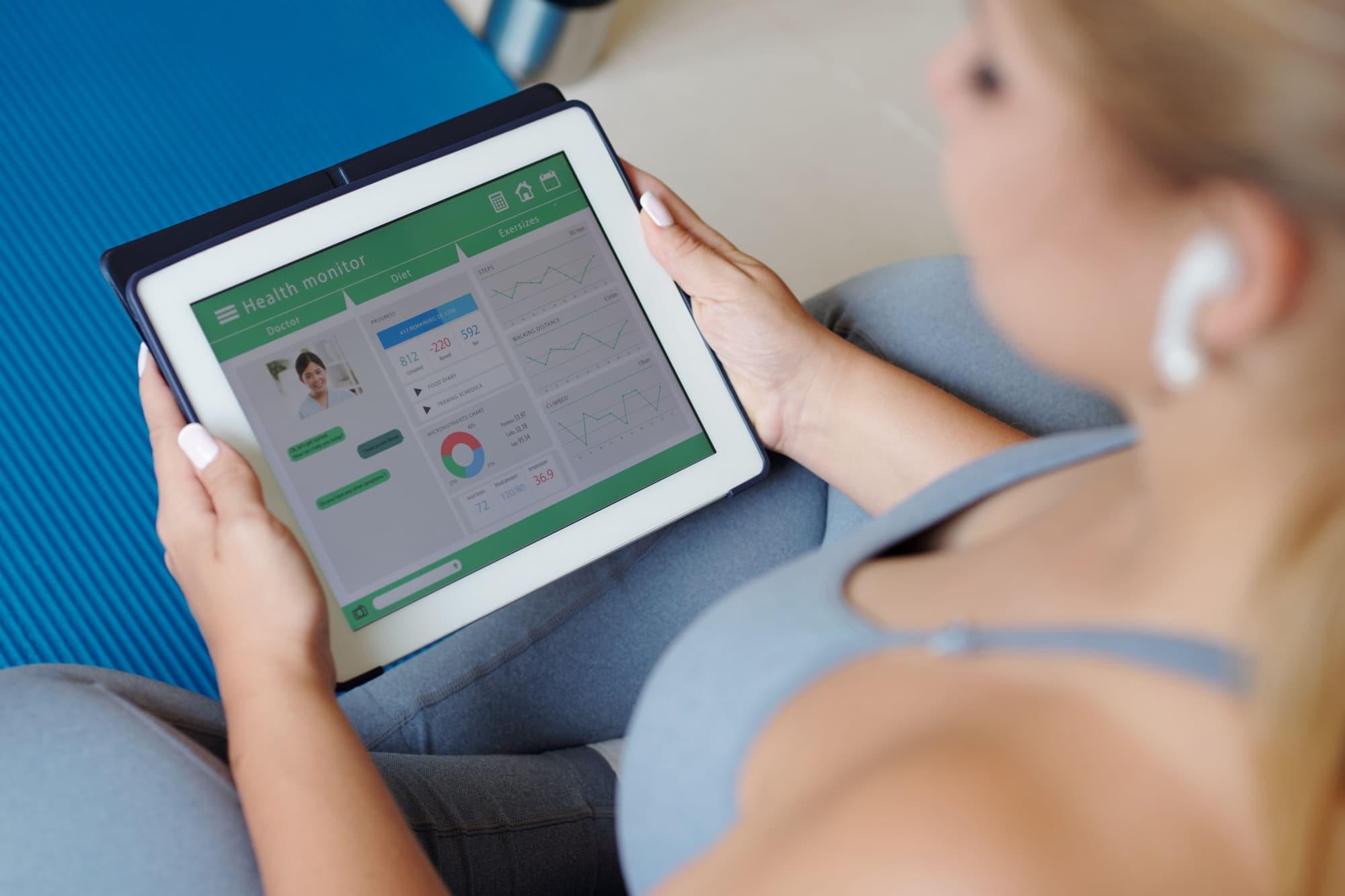Vitamin D
The Vitamin D Test measures vitamin D levels in the blood, helping assess status and detect deficiencies or excesses of this essential nutrient.
The Vitamin D Test measures the levels of vitamin D in the blood. This test helps assess vitamin D status and detect deficiencies or excesses of this important nutrient.
Who would benefit from this test?
Individuals at risk for vitamin D deficiency, such as those with limited sun exposure or dark skin.
Patients with symptoms associated with vitamin D deficiency, such as bone pain or muscle weakness.
Individuals with conditions or medications that may affect vitamin D absorption or metabolism.
People with a family history of vitamin D-related disorders.
Individuals wanting to monitor their vitamin D status.
Why undertake this test?
To assess vitamin D levels and detect deficiencies or excesses.
To guide vitamin D supplementation or lifestyle modifications for optimal levels.
To evaluate the effectiveness of vitamin D treatment.
To prevent complications associated with vitamin D deficiencies or excesses.
To promote bone health and overall well-being.
Test Type: Haematology
Results Estimated: 2 Working days.
A little more detail:
The Vitamin D test measures the level of vitamin D in the blood, a crucial nutrient that plays a vital role in maintaining bone health, immune function, and overall well-being. Vitamin D can be obtained through sunlight exposure, dietary sources (such as fatty fish, fortified foods, and egg yolks), and supplements.
Key aspects of the Vitamin D test include:
- Purpose: The test is primarily used to diagnose vitamin D deficiency or insufficiency, which can lead to various health issues, including osteomalacia (softening of bones in adults), rickets (in children), and an increased risk of fractures. It may also be used to monitor individuals on vitamin D supplementation or those with conditions affecting vitamin D metabolism.
- Testing Method: The test typically involves a simple blood draw, analyzing the serum levels of 25-hydroxyvitamin D (25(OH)D), the primary form of vitamin D circulating in the bloodstream.
- Interpreting Results Estimated: Normal vitamin D levels are generally considered to be between 20 ng/mL and 50 ng/mL, though optimal levels may vary based on individual health needs. Levels below 20 ng/mL indicate deficiency, while levels above 50 ng/mL may suggest excessive vitamin D.
Regular testing is essential for individuals at risk of deficiency, such as those with limited sun exposure, older adults, individuals with certain medical conditions, or those on strict diets. Identifying and correcting vitamin D deficiencies can significantly enhance health and prevent complications.
-
In house venous draw included. The in house sample collecon ensures that the sample is less likely to come back inconclusive.
-
Results delivered directly to you via email and available via the laboratory portal.
-
Our in house doctors are available to review the results with you via an online session at a supplementary cost.
How it works
Purchase Test
Find the test that you are looking for, add to your basket, check-out and pay.
Select Appointment
On paying for your test you will be prompted to select a date and time for your blood sample collection.
Turn Up
Arrive on the day of your test to have your blood sample collected.
Get results online
When your results are ready you will receive them via email or can access via the laboratory portal.
Get your personalise report online
Once you have had your sample collected by our in-house phlebotomist, the sample will be delivered to our laboratory partner who will then process the sample. Once the sample has been processed you will receive an email with an attachment of the report informing you your results are ready to also be viewed online via our dedicated portal. Should you wish to discuss the results with one of our doctors, you will be able to add a remote call to your booking at a supplementary cost. The sessions last up to 30 minutes and are an opportunity for you to ask any questions that you may have.
